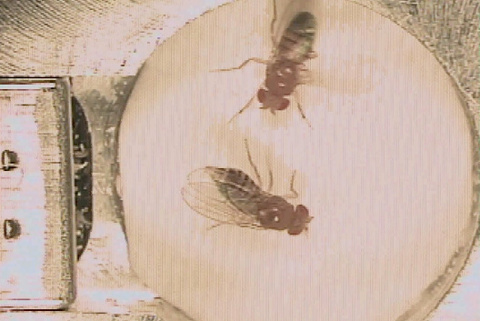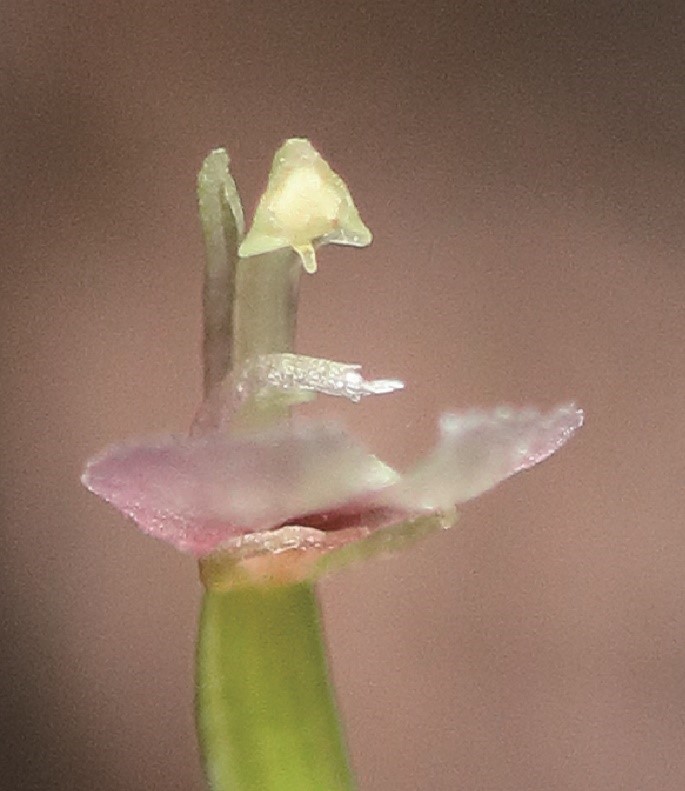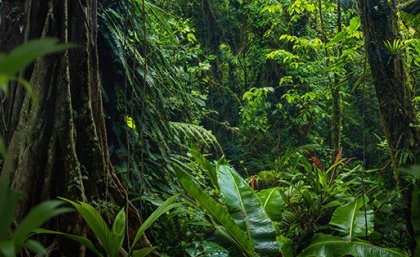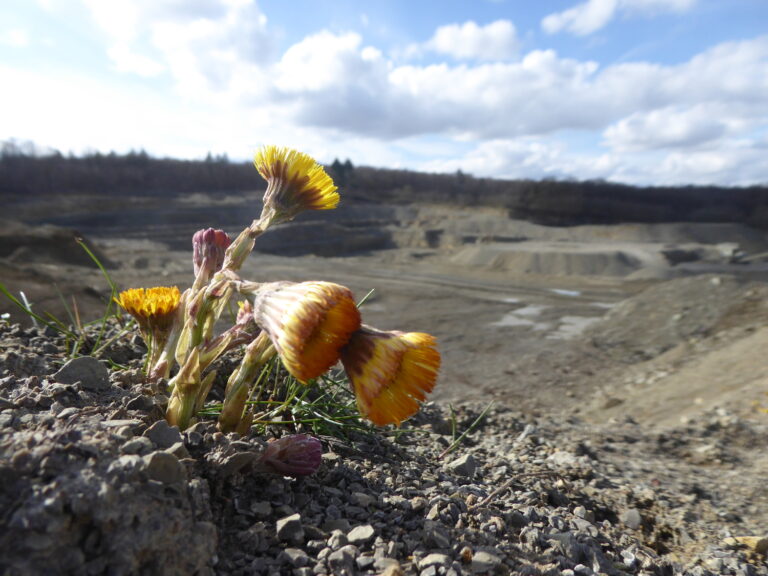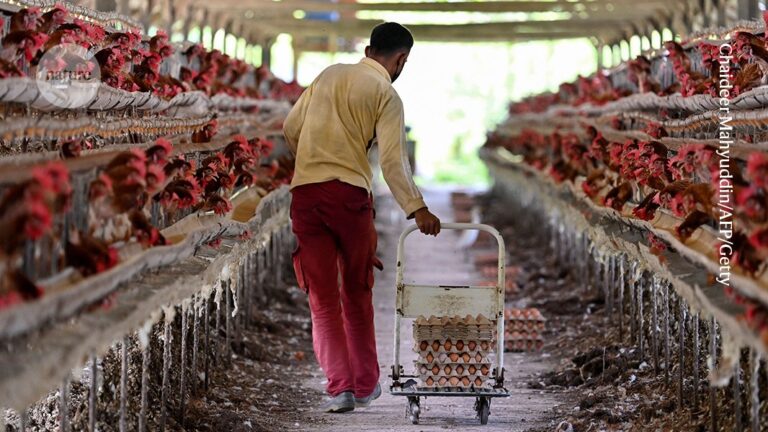Where do invasive species spread and why? Researchers take a novel approach to find the answer
Science tells us invasive species — like the spotted tilapia — are always on the move, making it difficult for scientists to simulate their spread and predict where they will go next. Researchers at the University of Florida Institute of Food and Agricultural Sciences took a deep dive to understand why certain locations are more…



